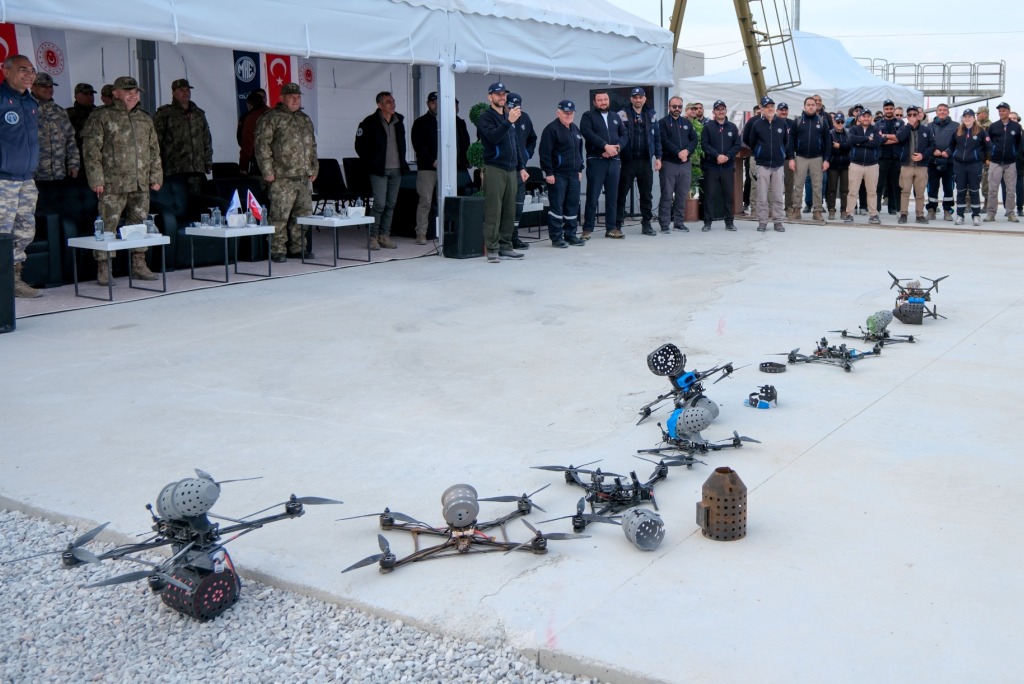Air Force Cyber Recruitment and Retention Challenges Under Review
Retention and Training: Core Concerns
General Kenneth Wilsbach, nominated by President Donald Trump for the role of Air Force Chief of Staff, has voiced critical insights regarding the Air Force’s current challenges in cyber operations. During a Senate Armed Services Committee confirmation hearing, he emphasized that while recruitment efforts for cyber professionals are proving successful, the critical issues arise in retention and training.
Current Status of Cyber Recruitment
Wilsbach, who previously commanded Air Combat Command overseeing the 16th Air Force (Cyber Forces), pointed out that the Air Force’s recruitment initiatives, including direct access programs, have led to a significant increase in personnel within the enlisted cyber operations field—boasting a 79% growth since the fiscal year 2022.
While there is no immediate shortage of recruits, the struggle is evident in keeping skilled personnel engaged and prepared. Factors impacting retention include:
- Competing Private Sector Opportunities: The lure of higher salaries and more flexible work conditions in the civilian job market heavily influences military personnel’s decision-making.
- Bureaucratic Hiring Processes: For civilian roles, protracted hiring timelines, limitations on access to advanced technology, and insufficient career progression transparency deter retention.
- Inflexible Assignment Structures: Military members particularly face challenges related to rigid deployment strategies that can contribute to operational fatigue.
Strategizing for Improvement
To counteract these trends, Wilsbach has proposed a multipronged approach aimed at enhancing job satisfaction through:
- Career Pathways: Establishing clear, navigable frameworks for professional development.
- Non-Monetary Incentives: Fostering a sense of mission and camaraderie within the ranks, which strengthens overall morale.
- Training Modernization: Aligning educational frameworks with operational requirements to bridge existing gaps.
The Air Force is currently deploying strategies that focus on financial incentives, career development, and modernized training methodologies designed to not only recruit but also retain top cyber talent. Noteworthy measures include:
- Incentive Pay: Cyber personnel can earn up to $1,500 monthly for crucial positions.
- Retention Bonuses: Officers are offered yearly bonuses of $25,000.
- Localized Supplements: Additional compensation for civilian roles under the Cyber Excepted Service enhances appeal and competitiveness.
Operational Readiness Initiatives
In line with its retention efforts, the Air Force is also looking to improve operational readiness. Proposed strategies focus on:
- Consecutive Operational Tours: This approach aims to deepen the technical expertise of teams, thus enhancing their performance metrics.
- Reintroduction of Warrant Officer Positions: These positions in cyber and IT disciplines are designed to provide seasoned mentorship and continuity within specialized roles.
Cyber Resilience and Operational Security
Addressing cybersecurity readiness is paramount, with the Cyber Resiliency Offices for Control Systems (CROCS) and Weapon Systems (CROWS) playing critical roles in safeguarding operational technologies and infrastructure. Wilsbach advocates for the integration of secure design principles early in the development of air systems to create cost-effective solutions that address emerging threats.
- Prioritizing Cybersecurity: Resources must be allocated based on the identification of the most critical and damaging cyber risks. Cybersecurity considerations should be baked into the development lifecycle from the inception stage, making retrofitting less essential and more strategic.
Evaluating Cyber Vulnerabilities
Ongoing exercises to assess the implications of potential cyberattacks on air systems will become a cornerstone in identifying vulnerabilities and enhancing defensive investments.
As Wilsbach awaits Senate confirmation, he prepares to succeed General David Allvin, whose tenure was unexpectedly curtailed. With a focus on modernizing the Air Force’s cyber capabilities, Wilsbach’s vision emphasizes a need for strategic planning to fortify both talent retention and operational readiness in an increasingly complex cyber landscape.
This focus on agility, resilience, and proactive strategies is essential as the U.S. military navigates challenges in cyber warfare and prepares its forces for future operations.





